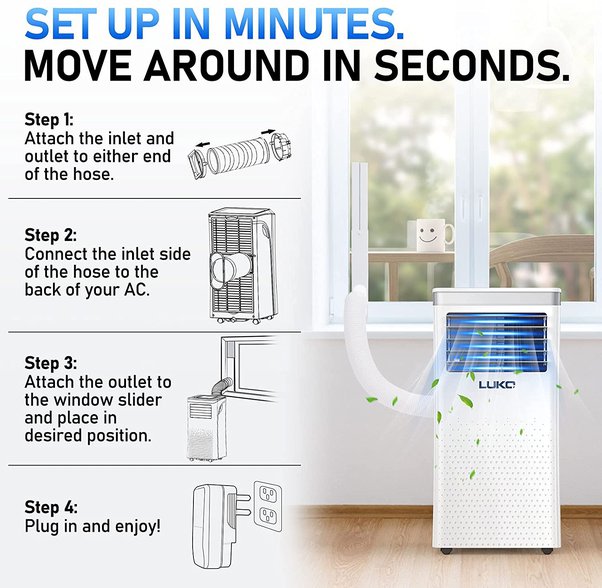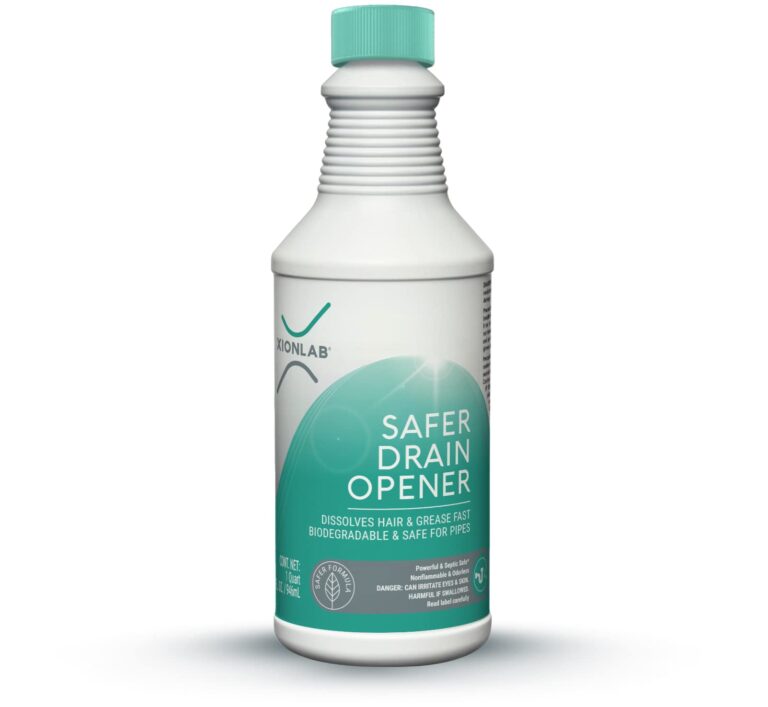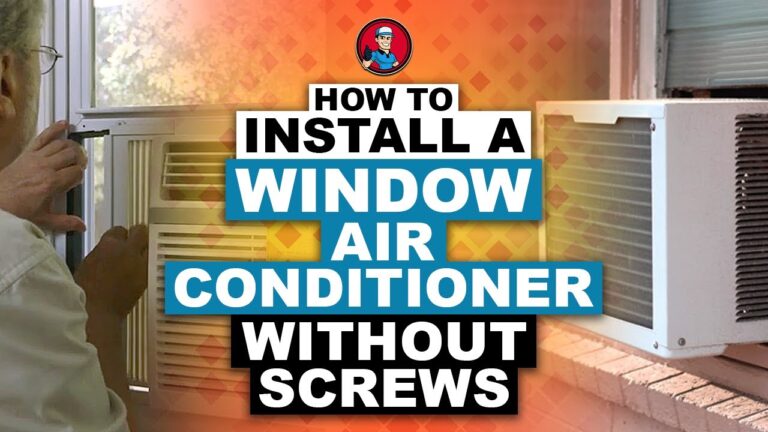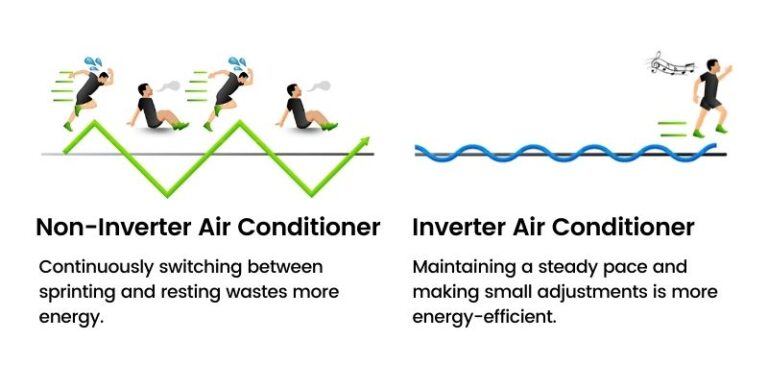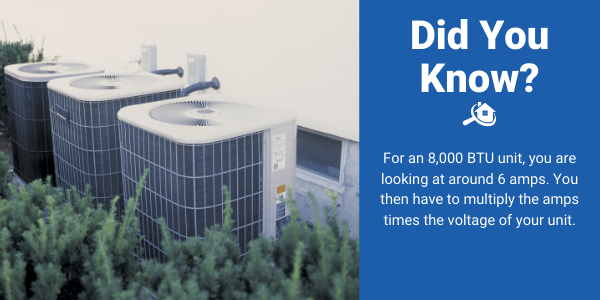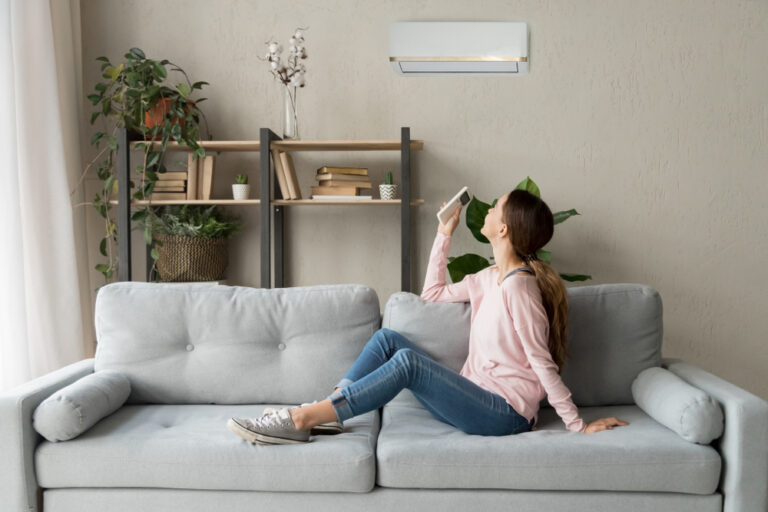Why Is My Portable AC Producing So Much Water? Troubleshooting Guide
Your portable AC is producing so much water due to high humidity levels and condensation. Proper drainage is crucial.
Portable air conditioners remove moisture from the air as they cool. In areas with high humidity, the AC will extract more water, leading to increased condensation. This water needs to be drained to prevent overflow. Regular maintenance, such as emptying the water tank and ensuring the drainage system is functioning properly, can help manage this excess water.
Proper placement of the unit in a well-ventilated area also aids in efficient operation. Understanding the reasons behind the water production can help you take steps to mitigate the issue, ensuring your portable AC runs smoothly and effectively.
Credit: www.reddit.com
Common Causes Of Excess Water
Is your portable air conditioner producing more water than usual? This can be puzzling. Understanding the common causes of excess water can help you fix the issue quickly. Let’s explore some of the main reasons why your portable AC might be producing so much water.
Humidity Levels
High humidity levels can cause your AC to produce more water. Portable air conditioners cool the air by removing moisture. If the air is very humid, the AC will extract more water. This results in more water collecting in the unit’s tank.
To check if humidity is the issue, you can use a hygrometer. This tool measures the moisture in the air. If the reading is high, your AC is working extra hard to dehumidify.
Here are a few ways to control humidity:
- Use a dehumidifier along with your AC.
- Keep windows and doors closed.
- Ensure proper ventilation in your home.
Clogged Filters
Another common cause of excess water is clogged filters. Filters trap dust, dirt, and other particles. Over time, they can become clogged and hinder airflow. This can lead to water buildup as the AC struggles to cool the air.
To prevent this, clean or replace the filters regularly. Most manufacturers recommend doing this every 1-2 months. Check your AC’s manual for specific instructions.
Follow these steps to clean your filters:
- Turn off and unplug the AC.
- Remove the filters from the unit.
- Rinse the filters with warm water.
- Allow them to dry completely before reinstalling.
Regular maintenance can keep your portable AC running smoothly. Addressing these common causes of excess water can help you enjoy a cool, comfortable home.
Importance Of Regular Maintenance
Regular maintenance is crucial for your portable AC. It ensures smooth operation and prevents issues. One common problem is excessive water production. This often results from neglected maintenance.
Cleaning Schedule
Establishing a regular cleaning schedule is essential. Dust and dirt can clog your AC. This affects its efficiency and leads to water buildup.
- Clean the exterior weekly
- Wipe down the vents every two weeks
- Deep clean the unit monthly
Use a soft cloth and mild detergent for cleaning. Ensure the unit is unplugged first. Follow the manual’s instructions for safe cleaning.
Filter Replacement
The filter in your portable AC traps dust and debris. Over time, it gets clogged. A dirty filter can cause excess water production.
- Check the filter every two weeks
- Replace the filter every three months
- Use the correct filter type for your model
A clean filter improves airflow. It also reduces water accumulation. Keep spare filters handy for quick replacements.
| Maintenance Task | Frequency |
|---|---|
| Exterior Cleaning | Weekly |
| Vent Wiping | Every two weeks |
| Deep Cleaning | Monthly |
| Filter Check | Every two weeks |
| Filter Replacement | Every three months |
Following these maintenance tips can prevent water issues. Keep your portable AC in top condition. Enjoy a cooler, drier home environment.
How The Condensation Process Works
Understanding why your portable AC produces so much water starts with the condensation process. This process is essential for your AC to cool the air. Let’s break down the basics and the role of evaporator coils.
Condensation Basics
Condensation happens when warm air meets a cold surface. Your portable AC cools the air by removing heat. This heat turns into water, known as condensate.
As warm air passes over the cold coils, moisture in the air condenses. This moisture collects and needs to be drained. That’s why you see water.
| Element | Description |
|---|---|
| Warm Air | Air that contains moisture |
| Cold Surface | The evaporator coils in your AC |
| Condensate | Water formed from condensation |
Role Of Evaporator Coils
Evaporator coils are crucial in this process. They cool the air by absorbing heat. This heat then changes into water.
The coils are cold because of the refrigerant inside them. As warm air hits these coils, condensation occurs. The water formed needs to be drained properly.
- Evaporator coils absorb heat from the air
- Refrigerant inside the coils keeps them cold
- Condensation forms as warm air meets cold coils
In summary, your portable AC produces water because of the condensation process. This is a natural part of how it cools the air.
Identifying Leaks And Drips
Is your portable AC producing more water than usual? This could be due to leaks or drips. Identifying these issues early can save you from bigger problems.
Spotting Water Leaks
First, check around your portable AC unit for any water pools. These pools can indicate leaks. Look for wet spots on the floor or around the machine.
Use a flashlight to inspect the unit’s base. Sometimes, leaks occur in hidden spots. Check all sides for any signs of moisture.
If you find water, turn off the unit. Let it dry before further inspection. This prevents any electrical mishaps.
Checking Drain Hoses
Next, inspect the drain hoses. These hoses carry water out of the unit. A clogged or damaged hose can cause water buildup.
Disconnect the hose and look inside. Ensure it is clear of debris. If the hose is blocked, clean it thoroughly.
Reattach the hose securely. Any loose connections can lead to leaks. Make sure it is tightly connected.
Improving Airflow
Your portable AC is producing a lot of water because of poor airflow. Improving airflow can help reduce water production. Here are some tips to enhance the efficiency of your portable AC.
Ventilation Tips
- Keep windows and doors closed when the AC is on.
- Ensure vents are not blocked by furniture or curtains.
- Use fans to help circulate air in the room.
- Clean or replace air filters regularly.
- Check the exhaust hose for kinks or blockages.
Positioning The Ac Unit
The position of your portable AC affects its performance. Here are some guidelines:
- Place the unit near a window for easy venting.
- Ensure there is at least 20 inches of space around the unit.
- Avoid placing the AC in corners or tight spaces.
- Keep the unit away from direct sunlight to prevent overheating.
- Ensure the exhaust hose is as short and straight as possible.
Proper airflow management can significantly improve your AC’s efficiency. This will also reduce water production. Follow these tips to enjoy a cooler, drier environment.

Credit: ecmservice.com
Dealing With High Humidity
High humidity can make your portable AC produce more water. This happens because the air contains more moisture. The AC removes this moisture, leading to more water production. There are ways to manage this problem effectively.
Using A Dehumidifier
A dehumidifier can help reduce the water your AC produces. It works by removing excess moisture from the air. Here are some benefits of using a dehumidifier:
- Improves air quality
- Reduces strain on your AC
- Helps prevent mold and mildew
Place the dehumidifier in the same room as your AC. This will ensure the air is less humid before it reaches the AC. Your portable AC will then produce less water.
Setting The Right Temperature
Setting the right temperature on your AC is crucial. A lower temperature setting makes your AC work harder. This leads to more water production. Follow these steps to set the right temperature:
- Set the temperature to a comfortable level, around 75°F (24°C).
- Use a fan to help circulate air in the room.
- Check and adjust the temperature as needed.
Maintaining the right temperature helps your AC run efficiently. This reduces the amount of water it produces.
Preventing Mold And Mildew
If your portable AC is producing too much water, mold and mildew can form. These fungi thrive in moist environments, causing health issues and bad smells. Preventing mold and mildew is crucial for a healthy home.
Drying Techniques
Proper drying techniques can help keep your portable AC mold-free. Here are some effective methods:
- Regularly Empty the Water Tank: Do this daily to avoid water buildup.
- Use a Dehumidifier: This reduces moisture in the air.
- Run the AC on Fan Mode: This helps to dry out internal parts.
Cleaning With Vinegar
Vinegar is a natural cleaner that can prevent mold. Follow these steps to clean your portable AC:
- Unplug the AC: Safety first.
- Remove the Filter: Rinse it with water.
- Mix Vinegar Solution: Combine equal parts water and vinegar.
- Wipe Down Surfaces: Use a cloth dipped in the solution.
- Dry Thoroughly: Let all parts dry before reassembling.
Regular cleaning with vinegar keeps your AC fresh and mold-free.

Credit: m.youtube.com
When To Call A Professional
Portable air conditioners can sometimes produce excessive water. This can be a sign of a larger problem. Knowing when to call a professional can save you time and money. Here are key signs to watch for.
Signs Of Serious Issues
Excessive water from your portable AC may indicate serious issues. Here are signs to look for:
- Constant Water Leaks: If water leaks continuously, it needs professional attention.
- Unusual Noises: Strange sounds could mean internal damage.
- Reduced Cooling: Less cooling may suggest a major problem.
- Visible Mold: Mold growth indicates long-term water issues.
Choosing A Reliable Technician
Picking the right technician ensures your portable AC gets proper care. Here are tips to choose a reliable professional:
- Check Reviews: Look for technicians with positive customer reviews.
- Verify Credentials: Ensure they have proper certifications and licenses.
- Ask for Quotes: Get multiple quotes to compare services and prices.
- Experience Matters: Choose someone with experience in portable AC repairs.
| Issue | Significance | Action |
|---|---|---|
| Constant Water Leaks | High | Call a professional |
| Unusual Noises | Medium | Inspect and consult a technician |
| Reduced Cooling | High | Get immediate help |
| Visible Mold | Very High | Call a professional immediately |
Frequently Asked Questions
Why Is My Portable Air Conditioner Filling Up With Water So Fast?
Your portable air conditioner may fill up with water quickly due to high humidity levels or a clogged drain. Ensure proper ventilation and clean the drain regularly to prevent this issue.
Why Is There So Much Water Coming From My Portable Air Conditioner?
Your portable air conditioner may produce excess water due to high humidity, a clogged drain hose, or a faulty pump.
How Much Water Should Come Out Of A Portable Ac?
A portable AC typically produces 1-2 pints of water per hour. Humidity levels can affect this amount. Regularly empty the water tank to maintain efficiency.
Conclusion
Understanding why your portable AC produces excess water is crucial. Regular maintenance and proper usage prevent issues. Ensure filters are clean and check for leaks. Remember, a well-maintained AC unit operates efficiently. Addressing these concerns keeps your environment comfortable and prolongs your AC’s lifespan.
Stay cool and enjoy optimal performance.

